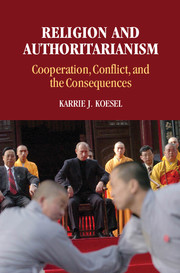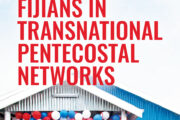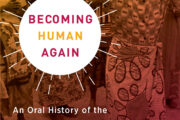 Religion and Authoritarianism Cooperation, Conflict, and the Consequences
Religion and Authoritarianism Cooperation, Conflict, and the Consequences
Karrie J. Koesel
(Cambridge University Press: 2014)
The writing of this book was supported by the Pentecostal Charismatic Research Initiative.
This book provides a rare window into the micropolitics of contemporary authoritarian rule through a comparison of religious-state relations in Russia and China – two countries with long histories of religious repression, and even longer experiences with authoritarian politics. Drawing on extensive fieldwork in multiple sites in these countries, this book explores what religious and political authority want from one another, how they negotiate the terms of their relationship, and how cooperative or conflicting their interactions are. This comparison reveals that while tensions exist between the two sides, there is also ample room for mutually beneficial interaction. Religious communities and their authoritarian overseers are cooperating around the core issue of politics – namely, the struggle for money, power, and prestige – and becoming unexpected allies in the process.







